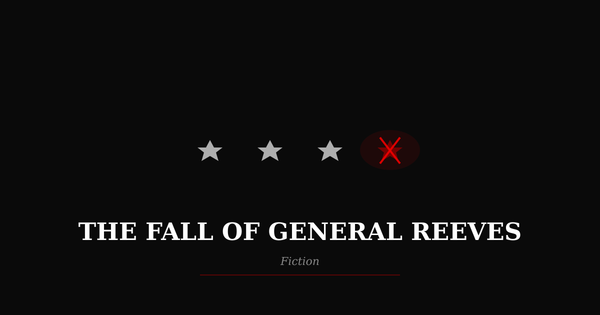The Membership Trap

The last decade has been a long, ugly experiment in trying to understand trumpers. The best I’ve come up with is this: they believe reality is a zero-sum game. And they live in the most extreme version of something older and more dangerous.
Groups of people whose entire goal is simply to belong. Not to achieve anything. Not to think anything new. Just to keep their membership card.
You’re looking at conformity in its purest form—social formations where belonging outranks thinking. In these circles, an opinion that strays from the script isn’t just disagreement. It’s betrayal.
You see it everywhere:
Religious or ideological communities where questions get you quietly—or loudly—excommunicated.
Professional organizations where dissent derails your career.
Social clubs where staying in the group means parroting its preferred narrative, truth optional.

But trumpers push it to the edge. Loyalty isn’t enough; they want submission. Doubt isn’t weakness; it’s treason. You’re either with them, or you’re the enemy.
This is more than peer pressure. Humans evolved in tribes where exclusion could be fatal. That wiring still fires when we’re cast out. Rejection hurts—literally—on the same neural pathways as a broken bone.
So, membership becomes a drug. You get the dopamine hit of being inside, of knowing the handshake. People will trade their independent mind for that fix.
Add social identity theory and you’ve built a cage. Once you define yourself as a “real patriot” or “true believer,” any criticism of the group feels like an attack on your very self. Defending bad ideas stops being a choice; it’s a survival reflex.
And the longer you’re in, the deeper the trap. Every swallowed doubt, every opinion you betray for the sake of harmony, adds to the psychological debt. Admitting you were wrong means admitting you wasted years pretending to be someone you weren’t. Most people would rather double down than face that mirror.
Irving Janis called it “groupthink”—when smart people make stupid decisions because keeping the peace matters more than asking the right questions. Echo chambers punish curiosity and reward conformity, until the censorship becomes self-applied.
Eric Blair—Orwell—understood this in 1984. The Party didn’t just ban certain speech. It erased the ability to think forbidden thoughts in the first place.
The zero-sum crowd takes it further. If someone else wins, they lose. If immigrants succeed, “real Americans” fail. If Democrats take power, Republicans vanish. The pie can’t grow. There are only so many slices.
The research backs it. Republicans consistently score higher on Right-Wing Authoritarianism—submission to authority, aggression toward outsiders, clinging to conventional values. Roughly two-thirds are highly susceptible to authoritarian appeals, far above Democrats. And they’re far more likely to equate dissent with disloyalty.
Trump supporters in particular show stunningly high levels of anti-democratic belief and an eagerness to crush opponents. They are the extreme of the membership trap—the point where group loyalty stops being about belonging and becomes about control.
These groups don’t just want your vote. They want your mind.
And once you’ve handed that over, getting it back is harder than you think.





